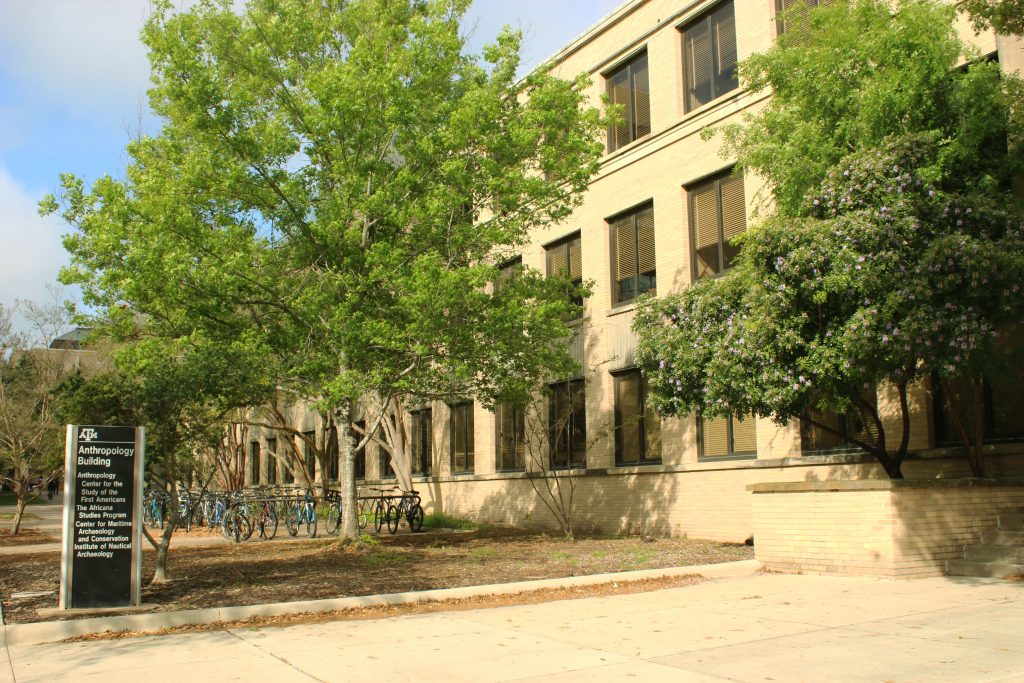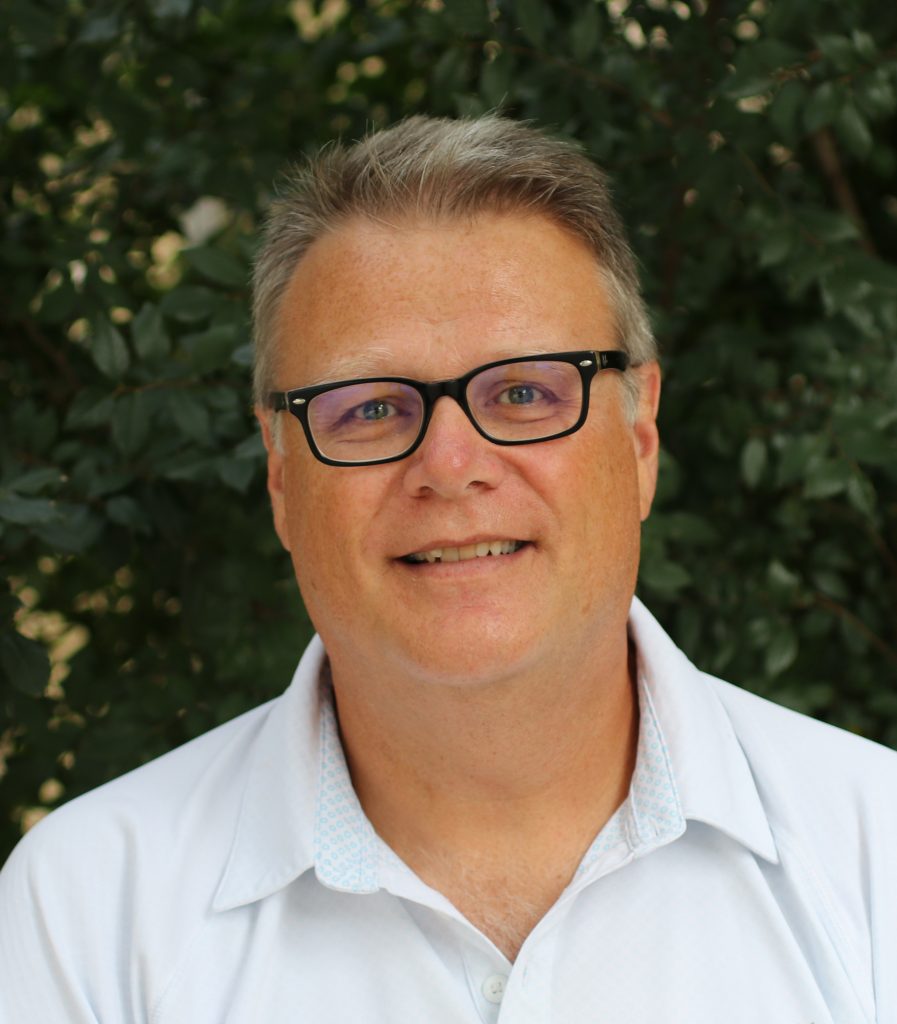Dialogue with Department Head: Darryl de Ruiter
New Head of Department of Anthropology Darryl de Ruiter shares why he believes studying fossil evidence for human evolution is relevant today, the value of an education in anthropology, and what he hopes to do as Department Head.

Anthropology professor Darryl de Ruiter is stepping into a new role of Head of the Department of Anthropology. In this dialogue, de Ruiter shares why he believes studying fossil evidence for human evolution is relevant for today’s issues, as well as the value of an education in anthropology and what he hopes to do as Department Head.
Where are you originally from, and what drew you to Texas A&M?

I was born in Winnipeg, Canada, and obtained both my B.A. and M.A. at the University of Manitoba. I moved to South Africa to pursue my Ph.D. and stayed on for a few more years to continue my research into fossils of South Africa. When it came time to seek out a permanent, tenure-track position, of all the institutions that I applied to, Texas A&M seemed to offer the widest range of possibilities and opportunities. Add to that the fact that my parents were ‘snowbirds’ – that is, they were Canadians who spent winter months living in Edinburg, Texas – Texas A&M seemed a natural fit.
What is your specialty?
I am a paleoanthropologist – someone who studies the fossil evidence for human evolution. Archaeology and biology had always been passions of mine. But it wasn’t until I was working on my Master’s degree that I realized I could combine my enduring interest in the human past with a deep fascination for the ecology and evolution of life on earth. I remembered reading about exciting fossil discoveries being made in Ethiopia, Kenya, and Tanzania when I was a kid, so I began to contact paleoanthropologists working in Africa. One of the leading figures in paleoanthropology, Phillip Tobias, responded and invited me to South Africa. The rest kind of snowballed from there.
Paleoanthropology is the search for clues to the origins and evolution of the various hominin lineages that have so far been discovered (hominins are humans and our immediate fossil relatives). Paleoanthropologists work to reconstruct the vanished worlds that our hominin ancestors inhabited, and to better understand how they adapted and survived. We explore the challenges that our ancestors faced, some of which they were able to overcome, but others of which ultimately drove all but one of our human ancestor species extinct.
Given the climate crisis that our species is currently facing, comprehending why only one hominin lineage – ours – survived from the many which once existed, becomes especially relevant. Paleoanthropology also serves to position humans more properly in the natural world that we all too often consider ourselves to be uniquely separate from.
What are you excited to do in your new role as department head?
We face a number of challenges moving into the future, especially in regards to the changing nature of our undergraduate population. Students today have been raised on technology and have access to a range of devices and tools that are unlike anything from the past 5-10 years (never mind the previous century!). I am excited to cultivate an academic curriculum that directly addresses the broad issues facing our rapidly changing world, and position our graduates to be the most capable and best equipped to contribute to the betterment of society.
“I am excited to cultivate an academic curriculum that directly addresses the broad issues facing our rapidly changing world, and position our graduates to be the most capable and best equipped to contribute to the betterment of society.”
How does anthropology play a major role in today’s society?
Anthropology is the holistic study of the behavior and biology of humans, both past and present, with understanding our place in the natural world. The discipline investigates the depth and diversity of the human condition, explores our evolutionary history, and looks at how our cultural, technological, and biological adaptations help us navigate the world. To accomplish this broad mission, anthropologists focus their studies on human cultural practices, and on the material cultures produced by people, both living and prehistoric.
Our department aims to prepare students to live and work in cultures and environments outside those in which they were enculturated, through education about diverse ways of life and cultural practices. Undergraduate degrees in Anthropology provide students a strong foundation to pursue careers in a wide range of fields.
Why are the liberal arts important to invest and study in?
The liberal arts teach students to be intellectually fearless, and to think about ideas that might challenge their points of view, run counter to their deeply held beliefs, or to otherwise make them rethink what they know and believe. Given the seemingly overwhelming problems that are facing our increasingly globalized world, critical thinking skills and experience with the political, social, cultural, and economic aspects of our world become invaluable. As has been said before, we do not teach students what to think, we teach them how to think.
